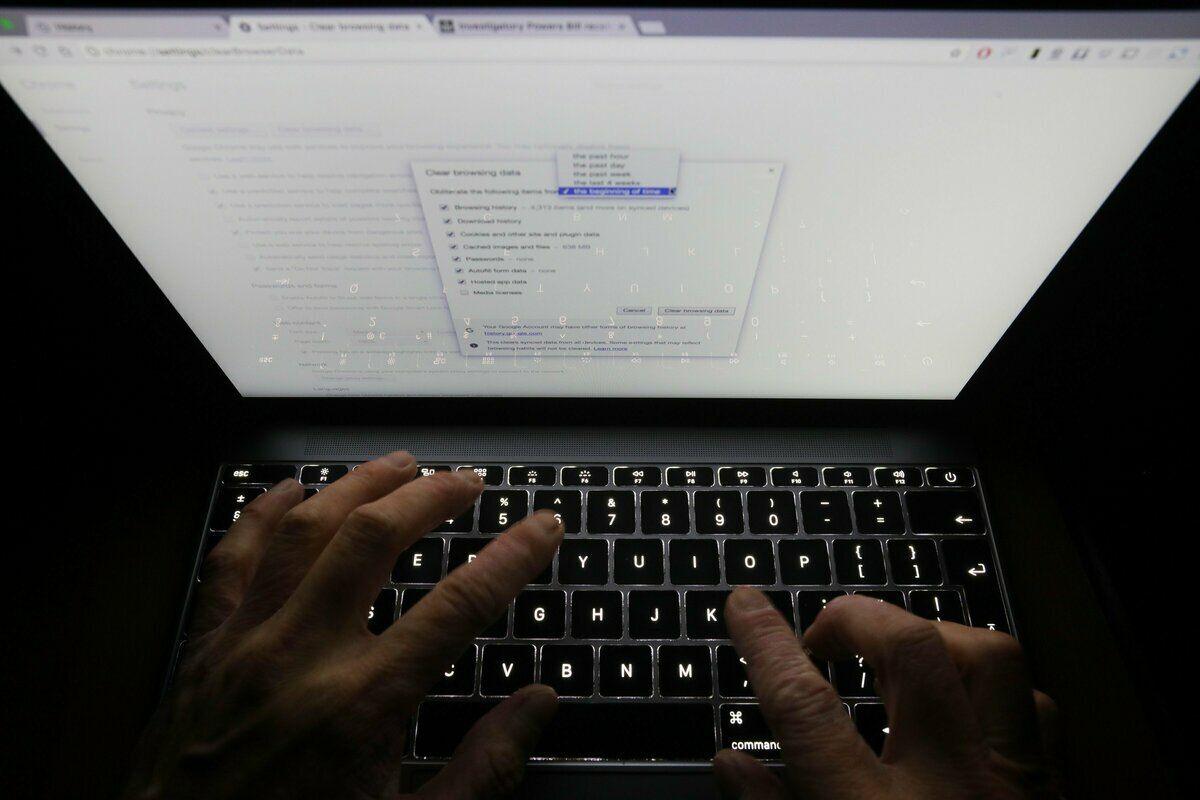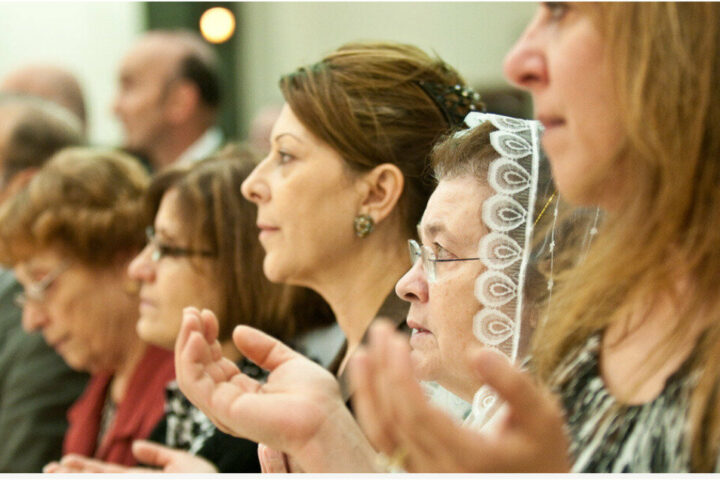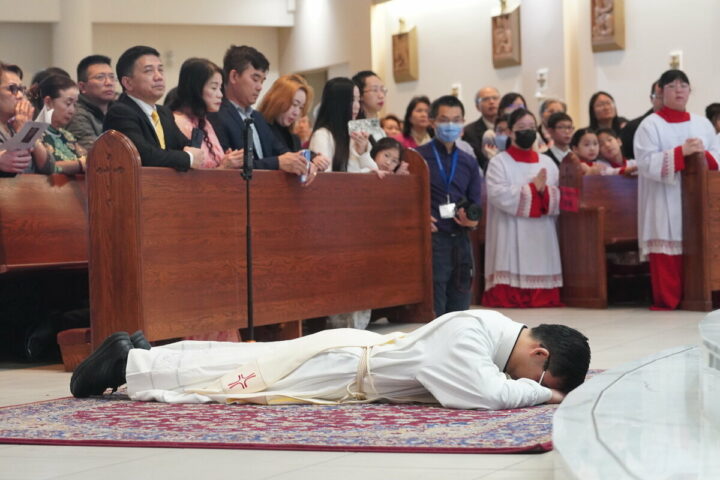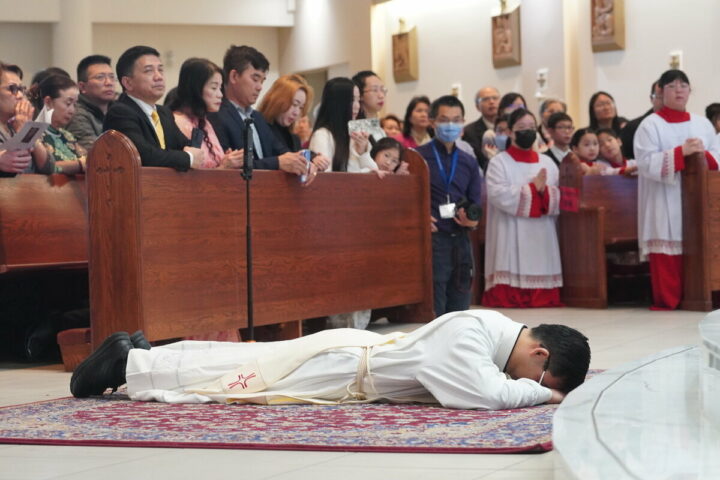At the end of Pope Francis’ new autobiography, simply titled Hope for the Jubilee Year, he shares a poem from the 20th-century Turkish poet Nâzım Hikmet. It’s at the end of a chapter titled For The Best Days Are Still to Come, and the poem’s title, On Living, serves as a fitting close for a book titled Hope.
The poem ends with these lines:
“And the most beautiful words I wanted to tell you
I haven’t said yet …”
We can pray that the most beautiful words that haven’t been said yet will soon be allowed to be said, because we’ve been steeped in times when speaking freely has not always been possible.
Jan. 24 is the feast of St. Francis de Sales, the patron saint of journalists, and a moment to reflect on the importance of freedom of speech, not just as a political issue but as a teaching of the Church. In 2025, we might ask ourselves whether the fundamental right of speech, as the Church puts it, is gaining or losing ground.
In the words of Pope Francis, there’s some reason to hope the best days are still to come, but it’s not an exaggeration to say that the past decade hasn’t been the best time for freedom of expression, in Canada and around the world. There’s no need to wade through the quagmire of ways limits on speech have been imposed. Let’s just say it’s been easier to talk about some issues than others.
It’s been difficult to watch, particularly from a journalistic perspective. Reporters and commentators did not shine over the past few years, in large measure leaving their traditional post as gatekeepers and joining the ranks of censors and regulators.
They and their news organizations, through programs with Orwellian names like the Trusted News Initiative and the Trust Project and the proliferation of media “fact-checkers.” Financial incentives – from Google to government – ensured traditional media weren’t going to upset any apple carts, not when those carts carried the apples that fed them.
The increasing clampdowns on freedom of expression in the last decade aren’t just disappointing. Catholic teaching calls freedom of speech a fundamental human right that’s essential for human dignity and the common good. We are created in the image of God, and human dignity includes the right to freely express our honest thoughts and opinions.
The Second Vatican Council document Communio et Progressio, which I often quote during journalism talks, says, “It is absolutely essential that there be freedom to express ideas and attitudes” if public opinion is “to emerge in the proper manner.” This condition isn’t without limits: it must not endanger the common good or public morality. That’s as implicit a check on free expression as is necessary. So long as we are considering the rights and dignity of others, there is no need for “fact-checkers” to intervene.
The Catechism of the Catholic Church likewise says individuals have “the right and the moral duty to seek the truth, especially in what concerns God and his Church.”
So where do things stand as far as freedom of expression is concerned in our land? For a time, frankly, it’s been grim. The past 10 years haven’t exactly been a wellspring of freedom of expression. What the media didn’t restrict, governments tried to control.
In Canada, restrictive legislation was introduced, such as Bill C-63 (the Online Harms Act), Bill C-11 (the Online Streaming Act), and Bill C-373, which would target antisemitism and hatred by removing protections on religious expression. That last piece of legislation, in particular, raised concerns that any disagreement with government wording on residential school history could be labelled “denialism.”
Other governments tried to restrict charities from charitable activity that opposes the government’s will, such as engaging in religious activity and pro-life work.
It hasn’t been an inspiring time. And then, suddenly, around the start of this year – some would say it happened about two months earlier – it became possible to contemplate a time when freedom of expression isn’t bound by restrictions that not only deny freedom but defy logic.
Businesses and organizations that couldn’t find their tongues a year ago suddenly began pushing back on compelled speech and forced political agendas.
Social media companies began broadening their own self-imposed boundaries for free speech.
And in Canada, the proroguing of Parliament and the looming election abruptly left several pieces of restrictive legislation as dead as a shady politician’s career.
In a recent speech, Pope Francis urged Vatican diplomats to “overcome the logic of confrontation and embrace instead the logic of encounter,” “pressing forward as pilgrims of hope” who are “committed to building a future of peace.”
In a world threatened by global war, he said the vocation of diplomacy is to foster dialogue with all parties, not only those who are “convenient.”
We can pray the world is being prepared for such dialogue and that the most beautiful words, not yet said, can be spoken.
Your voice matters! Join the conversation by submitting a Letter to the Editor here.



